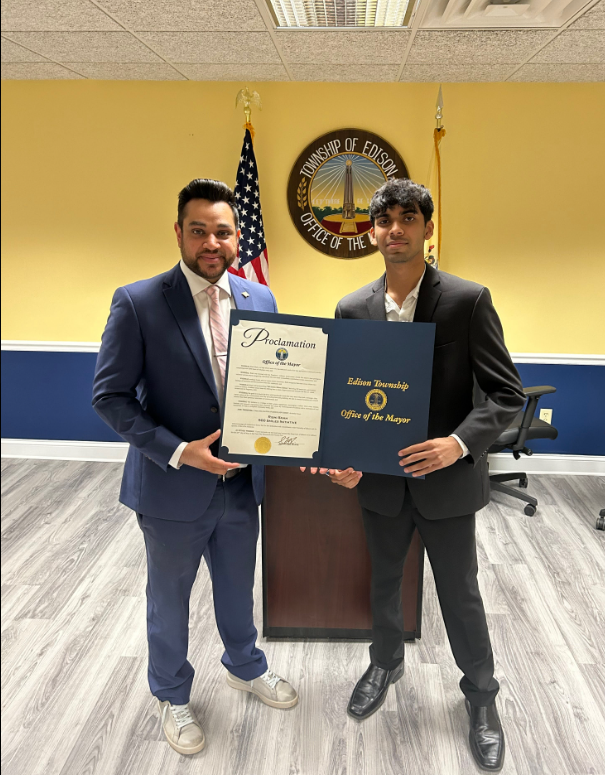Everything You Need to Know About the New COVID Variant: Omicron

January 11, 2022
“We don’t know how to read the genetic sequences to say exactly how this variant will play out.”
Dr. Gurley of Johns Hopkins
As the COVID-19 pandemic continues to maintain a prominent presence in society, several variants have emerged that prolong and intensify the effects of the virus within many communities. The newest and second discovered variant is the Omicron variant, which followed the Delta variant which first appeared in India during the summer of 2021.
The discovery of Omicron was reported to the World Health Organization (WHO) on November 24, 2021, after it was initially detected in South Africa several days earlier. As it is quite a recent revelation, there is not an abundance of information available regarding this new variant. However, the following is what we currently know from the knowledge gathered by the Centers for Disease Control and Prevention (CDC) in collaboration with other public health and industry corporations.
The United States has deemed Omicron a Variant of Concern because it is seen to spread more easily and quickly than the original COVID-19 virus. In fact, even those that are vaccinated or asymptomatic may still possess the variant and can, consequently, infect others around them unknowingly.
Regarding the severity of Omicron, although more scientific data must be garnered to make a solid conclusion, it is evident that this variant can lead to more illnesses and deaths around the globe because of the ability of reinfections and easy transmissibility.
Currently, scientists are discerning and analyzing Omicron’s genetic sequences as well as testing the current vaccine’s effectiveness in combatting the variant. While the population is awaiting updates, the CDC advises individuals to be fully vaccinated and obtain the booster shot if eligible, wear a mask in public settings, and regularly test for infection.















